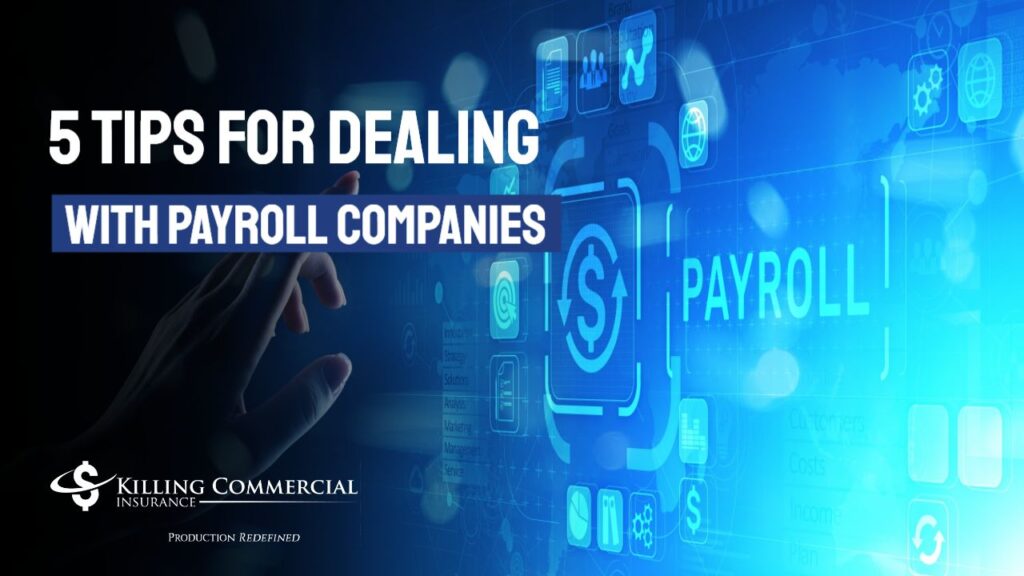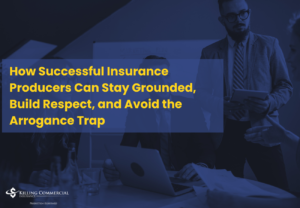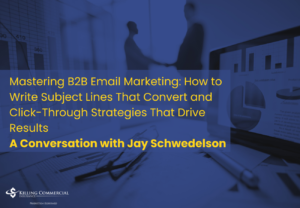
From Policies to Profitability: How Strategic Risk Consulting Can Transform Middle Market Insurance Production – A Conversation with Doug Benz
Middle market producers often believe that bigger accounts come from quoting better, faster, or cheaper. But in reality, the leap from writing $5,000 policies to closing $1.2 million in premium starts with a different mindset. It starts with consulting over quoting. That’s exactly the story that unfolded at Producers in Paradise when Doug Benz shared how he landed the largest account of his career—not by selling insurance, but by solving problems no one else could.
This post breaks down the step-by-step strategy Doug and his mentor David Carothers used to win a high-stakes, complex account through total cost of risk analysis, claims data visibility, and certificate compliance solutions. If you’re a commercial producer trying to break into the middle market, this blueprint is for you.







Responses